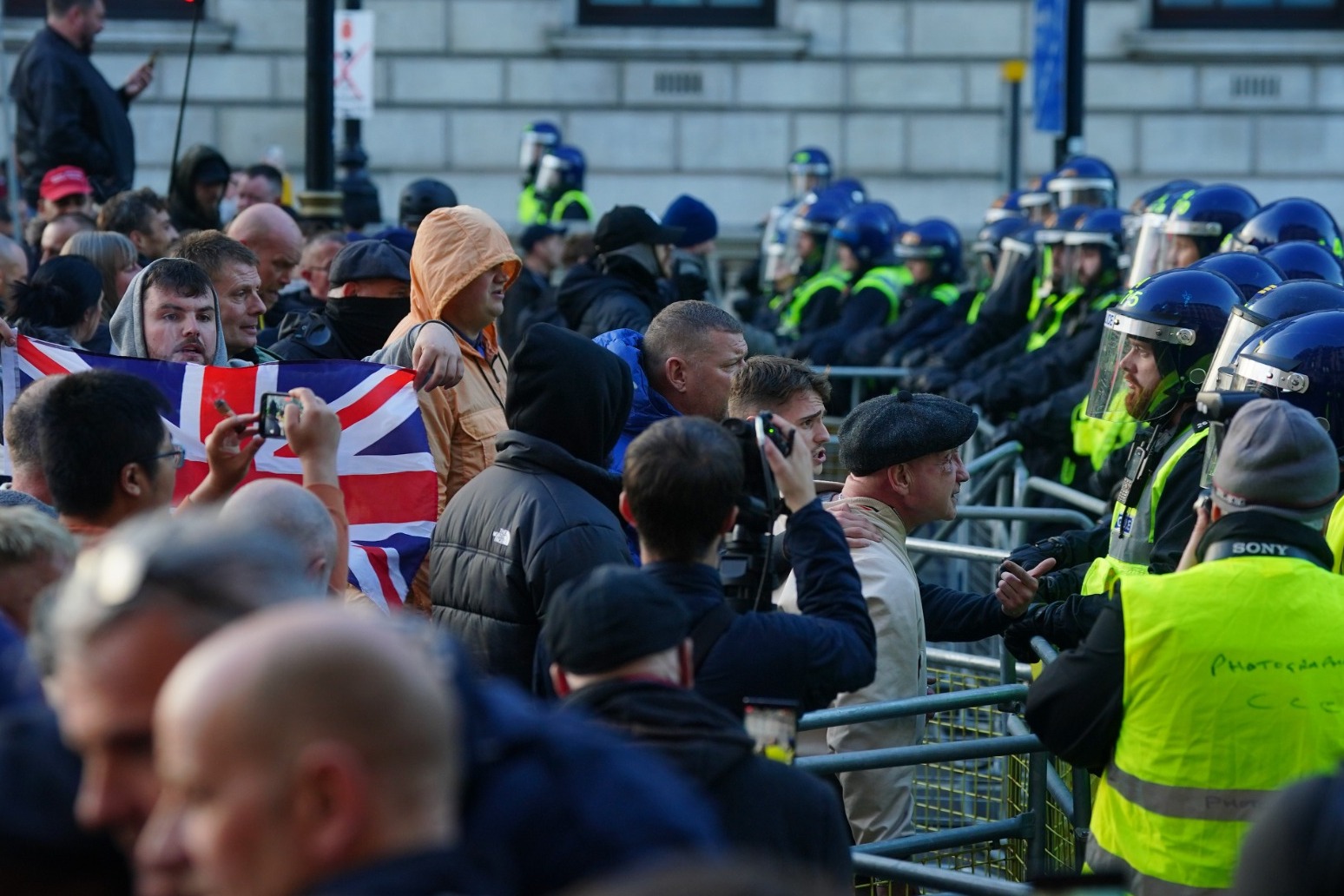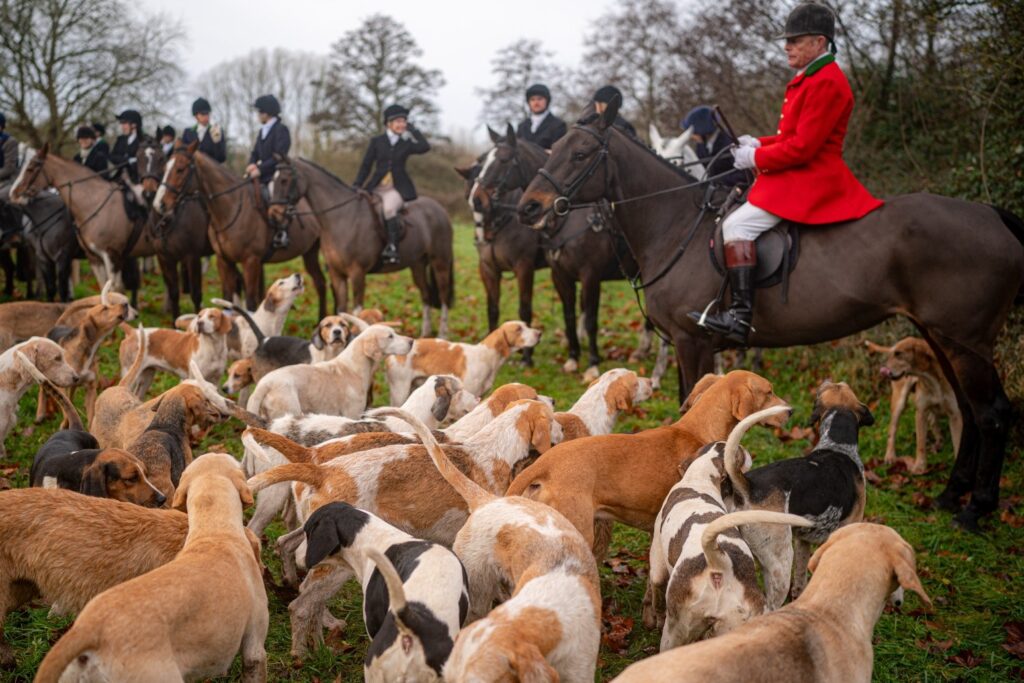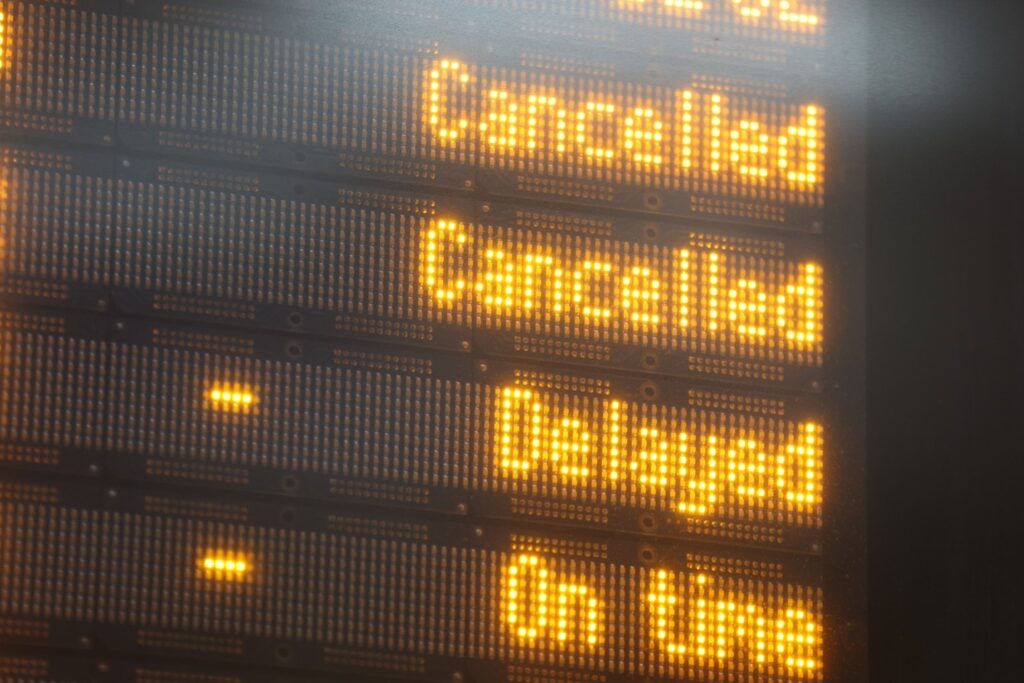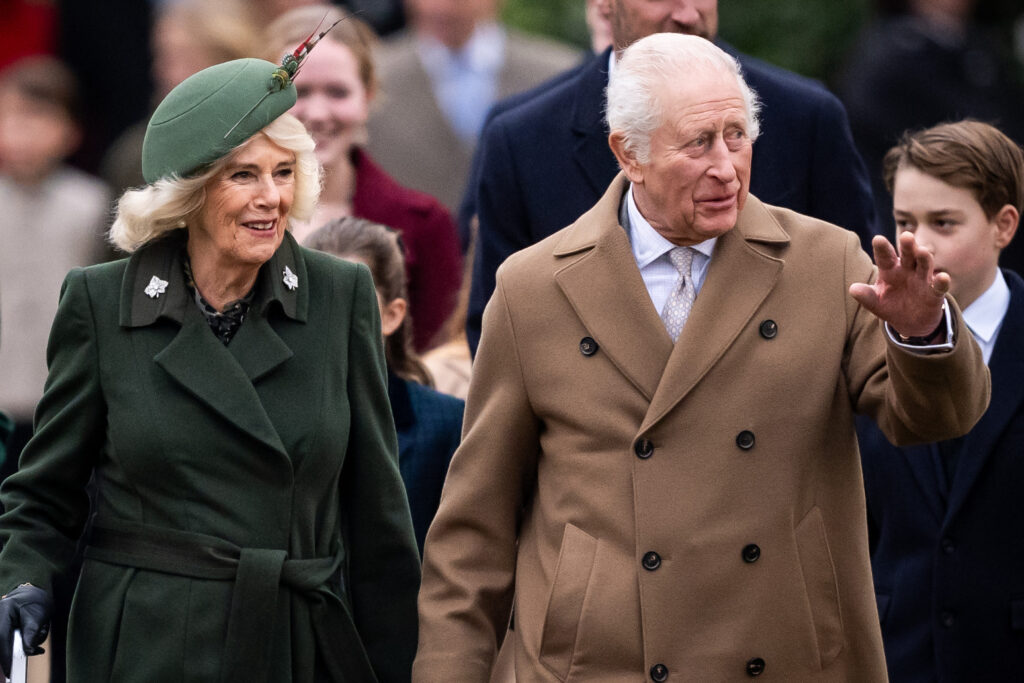This website uses cookies so that we can provide you with the best user experience possible. Cookie information is stored in your browser and performs functions such as recognising you when you return to our website and helping our team to understand which sections of the website you find most interesting and useful.
Counter protesters arrested during pro Palestinian demonstration
11/11/2023

Counter-protesters arrested during pro-Palestinian demonstration
Dozens of counter-protesters have been arrested as hundreds of thousands of people took part in a pro-Palestinian demonstration in central London.
A total of 82 people were arrested in Tachbrook Street, Pimlico, to “prevent a breach of the peace” as the march passed through the capital.
Police said those arrested were part of a “large group” of counter-protesters who had “tried to reach the main protest march”.
Reports suggested that some people were detained and prevented from leaving the nearby White Swan pub with a heavy police presence outside, including officers on horseback.
A further 10 arrests were made throughout the day for offences including possession of offensive weapons, affray and possession of drugs, police said.
Counter-protesters had earlier clashed with police near the Cenotaph, ahead of a service to mark Armistice Day.
Scuffles broke out as police attempted to stop a crowd of people carrying St George’s flags marching along Embankment towards Whitehall, where the Cenotaph is located, shortly after 10am.
The group, which had been chanting “England ’til I die” pushed through the police barrier, with some shouting “let’s have them” as officers hit out with batons.
Further clashes with police took place in Chinatown with counter-protesters chanting: “You’re not English any more” towards officers.
Police managed to disperse the crowd, splitting them into two smaller groups which were seen running in the direction of Piccadilly Circus.
A group of about 100 people were later held near Westminster Bridge under police powers to prevent a disturbance.
An Armistice Day service took place at the Cenotaph on Whitehall at 11am, which passed off peacefully with a two-minute silence being observed.
The Met Police posted on X, formerly Twitter: “While the two minutes’ silence was marked respectfully and without incident on Whitehall, officers have faced aggression from counter-protesters who are in the area in significant numbers.”
The force added: “Officers have prevented those not involved in getting on to Whitehall so it can take place without disruption, as we committed.
“They have faced unacceptable violence, including people throwing missiles and a metal barrier.
“Anyone genuinely wishing to observe the event could do so from behind barriers on the pavement which is open along one entire side of Whitehall. Officers’ efforts are on keeping the road itself clear around the Cenotaph.”
The force added that it “will use all the powers and tactics available to us to prevent” the counter-protesters from confronting the main march.
Tommy Robinson, founder and former leader of the far-right English Defence League, was seen among the crowds of counter-protesters.
Thousands of people began marching from Park Lane near Hyde Park shortly before 1pm as part of the pro-Palestinian demonstration.
The route will take them to the US embassy in Vauxhall, south of the Thames.
Chants of “free Palestine” and “ceasefire now” could be heard as the protesters set off.
A Palestinian flag was wrapped around a First World War memorial near London’s Wellington Arch.
The statue commemorating those in the Machine Gun Corps was seen with the flag hanging from its waist.
Protesters were later seen climbing the statue, with one holding a megaphone and shouting: “Free, free Palestine”.
Hundreds gathered around the Wellington Arch as the pro-Palestine march filed past and there was a heavy police presence in the area.
On the eve of the mass protest, Prime Minister Rishi Sunak said in a statement: “It is because of those who fought for this country and for the freedom we cherish that those who wish to protest can do so, but they must do so respectfully and peacefully.
“Remembrance weekend is sacred for us all and should be a moment of unity, of our shared British values and of solemn reflection.”
Home Secretary Suella Braverman remains under pressure from all sides after accusing the police of bias when they resisted pressure to ban the pro-Palestinian march.
After her comments were widely criticised and sparked calls for Mr Sunak to sack her, Mrs Braverman on Friday expressed her “full backing” for the Metropolitan Police at a meeting with Commissioner Sir Mark Rowley.
On Saturday, Scotland’s First Minister Humza Yousaf called for Mrs Braverman to resign after violence broke out ahead of the march.
He posted on X: “The far-right has been emboldened by the Home Secretary. She has spent her week fanning the flames of division. They are now attacking the Police on Armistice Day. The Home Secretary’s position is untenable. She must resign.”
And London Mayor Sadiq Khan pinned the blame of the violence on the Home Secretary’s comments.
He posted on X: “The scenes of disorder we witnessed by the far-right at the Cenotaph are a direct result of the Home Secretary’s words. The police’s job has been made much harder.
“The Met have my full support to take action against anyone found spreading hate and breaking the law.”
The officer in charge of policing London during Saturday’s protest told the PA news agency that the force has been “clear” on how it polices protests.
Deputy Assistant Commissioner Laurence Taylor said: “Our job is to ensure that we police without fear or favour, that we balance the rights of everybody, be that protesters, counter-protesters, or people living or coming into London.
“And our job this weekend is to ensure that people are kept safe, and that is what my focus is on.”
Transport Secretary Mark Harper said he had granted consent for transport police to make orders banning protests at three London railway stations so that people can travel “free from intimidation”.
The number of officers on duty in London will be double the usual amount, with 1,850 officers on Saturday and 1,375 on Sunday.
An exclusion zone is in place using metal barriers covering Whitehall, Horse Guards Parade, the Westminster Abbey Field of Remembrance and other relevant areas, to prevent those on the march from entering the locations.
The Cenotaph also has a dedicated 24-hour police presence which will remain in place until the conclusion of Remembrance events on Sunday.
The Met said the march and all speeches must end by 5pm, and a Section 60 and 60AA power will be in place covering Westminster and parts of Wandsworth and Lambeth between 10am on Saturday and 1am on Sunday.
This provides officers with additional powers to search anyone in the area for weapons, and requires people in the area to remove face coverings that are believed to be concealing their identity.
A dispersal zone will be in place covering key central London locations including Trafalgar Square and Piccadilly Circus.
Assistant Commissioner Matt Twist said that hundreds of counter-protest demonstrators had arrived this morning and “seemed intent on confrontation and intent on violence”.
He said: “There are a number of groups within this counter-protest who are split off and seem intent on seeking confrontation with the main Palestinian march and the policing operation at the moment is being effective in preventing that happening.”
Mr Twist said the main march involved tens of thousands of people and added: “This is the biggest march that we’ve seen in this phase and at the moment there are no issues with it.
“It’s being closely monitored by police and also we have police looking out for any troublemakers that might be intent on causing disruption or seeking a confrontation with people on that main march.”
Published: by Radio NewsHub



